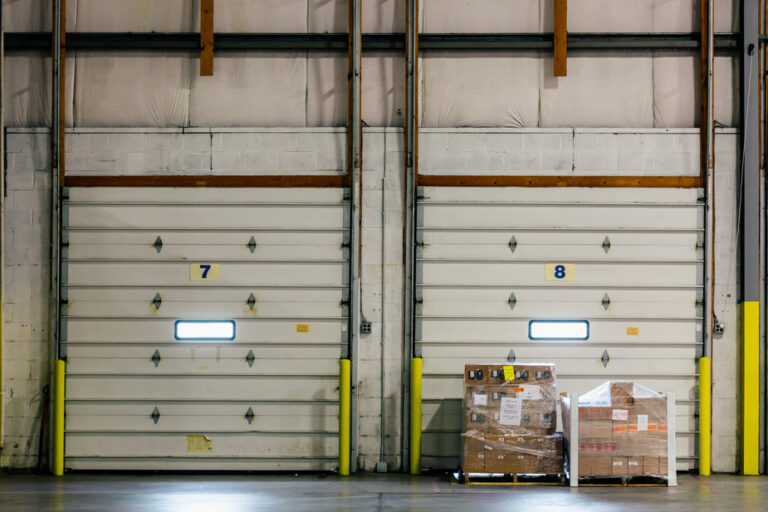If your company is considering an IPO or large-scale fundraising in 2025, you’ll hear the term “gross spread” tossed around by investment bankers and advisers. But what does it actually mean—and why should you care? Understanding gross spread isn’t just for CFOs and finance teams. Whether you’re a founder, investor, or SME owner, knowing how gross spread works could save you serious money (and headaches) as you navigate Australia’s capital markets.
What Is Gross Spread? Breaking Down the Basics
Gross spread is the fee that underwriters—usually investment banks—charge to help companies raise money through public offerings like IPOs or secondary share sales. Think of it as the “service charge” for everything from due diligence and marketing to pricing, distribution, and risk-taking.
- How is it calculated? The gross spread is the difference between what investors pay for shares and what the company actually receives. For example, if shares are sold to the public for $10 each, but the company receives $9.50 per share, the gross spread is $0.50 per share (or 5%).
- What does it cover? It covers the underwriters’ work, their risk (if they guarantee the sale), and their profit margin. It’s typically split among all the banks in the syndicate, plus sometimes brokers or advisers.
In Australia, gross spreads for IPOs can range from 2% for large, well-known companies to over 6% for smaller or riskier deals. The average in 2025 sits around 3.5% for ASX-listed IPOs, according to recent market reports.
Gross Spread in Action: 2025 Trends and Examples
The Australian capital markets have seen a resurgence in IPO activity in early 2025, with gross spreads becoming more competitive due to increased deal flow and regulatory scrutiny. Here’s how gross spread plays out in real-world deals:
- Large-cap IPOs: In March 2025, an ASX 100 company raising $1 billion paid a gross spread of just 2.2%, reflecting high investor demand and minimal risk for underwriters.
- Growth tech companies: A Sydney-based fintech went public in February 2025, paying a 5% gross spread to account for heightened volatility and more intensive marketing.
- Block trades and secondary raisings: Many existing ASX companies have completed block trades at gross spreads of 1.5%–2.5% as underwriters compete for mandates.
Regulatory updates in 2025 have also brought new transparency requirements for underwriter fees. ASIC now requires detailed gross spread disclosure in prospectuses and mandates a breakdown of how much goes to lead managers, co-managers, and selling agents. This means investors and issuers alike have a clearer picture of costs and incentives.
Managing Gross Spread: Tips for Australian Businesses
Gross spread isn’t just a line item—it can impact your net proceeds and the success of your capital raising. Here’s how Australian companies are managing gross spread in 2025:
- Negotiating hard: With increased competition among banks, companies are pushing for tighter gross spreads, especially if their deal is likely to be oversubscribed.
- Choosing the right syndicate: Selecting a mix of local and global banks can sometimes reduce your spread through syndicate competition.
- Considering alternative structures: Some companies are using direct listings or hybrid placements with lower or no gross spread, though these come with different risks and requirements.
- Understanding the breakdown: With new ASIC rules, ask for a detailed breakdown of who is getting what portion of the spread and what services are included.
Don’t forget: gross spread is only part of the total cost of raising capital. Legal, accounting, regulatory, and ongoing compliance costs add up as well. But with millions at stake in a major IPO or capital raise, even a 0.5% difference in gross spread can mean hundreds of thousands of dollars saved—or lost.
Conclusion: Know Your Spread, Protect Your Capital
Gross spread might sound like finance jargon, but it’s a real cost that every Australian business raising capital in 2025 needs to understand. With increased transparency and competitive pressure, companies are in a better position than ever to negotiate their spread and keep more of their hard-earned capital. Make sure it’s on your radar before your next big deal.

